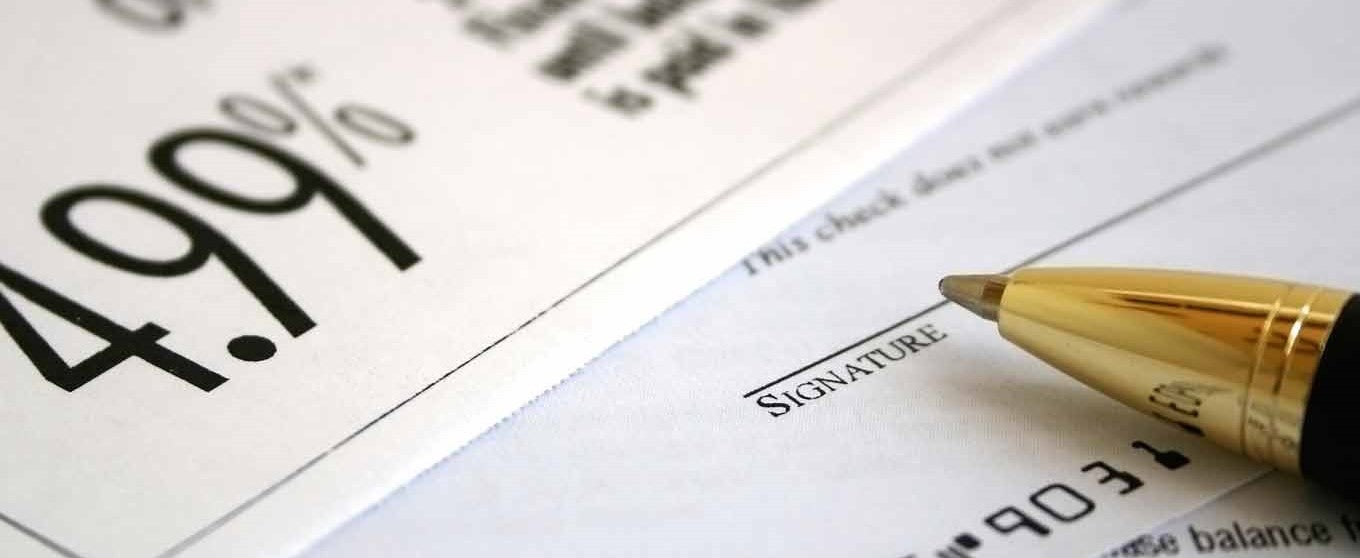Opportunities are, you have actually seen commercials boasting the benefits of a reverse mortgage: "Let your house pay you a monthly dream retirement earnings!" Sounds great, ideal? These claims make a reverse home mortgage noise practically too great to be real for senior house owners. However are they? Let's take a closer look. A reverse home mortgage is a kind of loan that utilizes your house equity to provide the funds for the loan itself.
It's essentially an opportunity for senior citizens to use the equity they have actually developed over several years of paying their mortgage and turn it into a loan on their own. A reverse home loan works like a routine home loan because you have to use and get authorized for it by a lender.
However with a reverse home loan, you do not make payments on your home's principal like you would with a routine mortgageyou take payments from the equity you've developed. You see, the bank is providing you back the cash you have actually already paid on your home however charging you interest at the same time.
Seems easy enough, right? However here comes the cringeworthy reality: If you pass away prior to you've sold your home, those you leave are stuck with 2 options. They can either pay off the complete reverse home mortgage and all the interest that's accumulated over the years, or surrender your home to the bank.
Like other kinds of home loans, there are various kinds of reverse home loans. While they all essentially work the same way, there are 3 main ones to know about: The most typical reverse mortgage is the Home Equity Conversion Home Mortgage (HECM). HECMs were created in 1988 to help older Americans make ends meet by allowing them to tap into the equity of their homes without needing to move out.
See This Report about Why Do Mortgage Companies Sell Mortgages
Some folks will use it to pay for costs, getaways, house renovations or perhaps to settle the remaining amount on their routine mortgagewhich is nuts! And the effects can be substantial. HECM loans are kept a tight leash by the Federal Housing Administration (FHA.) They don't desire you to default on your home loan, so due to the fact that of that, you will not receive a reverse home loan if your house deserves more than a specific amount.1 And if you do get approved for an HECM, you'll pay a significant home loan insurance coverage premium that secures the lender (not you) against any losses - which of the following statements is not true about mortgages?.
They're offered up from privately owned or operated companies. And due to the fact that they're not managed or insured by the federal government, they can draw house owners in with promises of higher loan amountsbut with the catch of much greater rate of interest than those federally insured reverse home loans. They'll even use reverse mortgages that allow property owners to obtain more of their equity or include houses that exceed the federal maximum quantity.
A single-purpose reverse home mortgage is used by government agencies at the state and regional level, and by nonprofit groups too. It's a type of reverse home loan that puts rules and constraints on how you can use the cash from the loan. (So you can't spend it on a fancy vacation!) Normally, single-purpose reverse mortgages can only be utilized to make property tax payments or pay for home repairs.
The important things to bear in mind is Visit this link that the lender needs to approve how the money will be used prior to the loan is offered the OK. These loans aren't federally guaranteed either, so lending institutions do not have to charge mortgage insurance premiums. However because the cash from a single-purpose reverse home mortgage needs to be utilized in a particular method, they're typically much smaller sized in their quantity than HECM loans or exclusive reverse mortgages.

Own a paid-off (or at least significantly paid-down) home. Have this house as your main home. Owe no federal financial obligations. Have the cash flow to continue paying real estate tax, HOA fees, insurance, maintenance and other house Additional info expenses. And it's not simply you that needs to qualifyyour house likewise has to meet specific requirements.

More About What Is Wrong With Reverse Mortgages
The HECM program likewise permits reverse home mortgages on condos approved by the Department of Housing and Urban Development. Before you go and sign the papers on a reverse home loan, take a look at these four significant downsides: You may be considering securing a reverse mortgage since you feel great loaning against your house.
Let's break it down like this: Imagine having $100 in the bank, but when you go to withdraw that $100 in cash, the bank just offers you $60and they charge you interest on that $60 from the $40 they keep. If you wouldn't take that "offer" from the bank, why on earth would you wish to do it with your house you've spent decades paying a home loan on? But that's exactly what a reverse home loan does.
Why? Because there are charges to pay, which leads us to our next point. Reverse mortgages are packed with extra expenses. And a lot of customers decide to pay these charges with the loan they will getinstead of paying them out of pocket. The important things is, this costs you more in the long run! Lenders can charge up to 2% of a house's worth in an paid up front.
So on a $200,000 home, that's a $1,000 annual expense after you have actually paid $4,000 upfront naturally!$14 on a reverse home mortgage resemble those for a routine mortgage and consist of things like home appraisals, credit checks and processing charges. So prior to you know it, you've drawn out thousands from your reverse mortgage before you even see the very first cent! And considering that a reverse home mortgage is just letting you use a percentage the worth of your house anyway, what occurs once you reach that limitation? The money stops.
So the amount of money you owe goes up every year, each month and every day till the loan is paid off. The marketers promoting reverse home loans enjoy to spin the old line: "You will never owe more than your house deserves!" But that's not exactly real since of those high rates of interest.
Who Owns Bank Of America Mortgages Fundamentals Explained
Let's state you live till you're 87. When you pass away, your estate owes $338,635 on your $200,000 house. So instead of having a paid-for home to pass on to your loved ones after you're gone, they'll be stuck to a $238,635 costs. Chances are they'll have to sell the home in order to settle the loan's balance with the bank if they can't pay for to pay it.
If you're spending more than 25% of your earnings on taxes, HOA costs, and household bills, that indicates you're home bad. Reach out to among our Backed Local Service Providers and they'll help you navigate your alternatives. If a reverse home loan loan provider tells you, "You will not lose your home," they're not being straight https://blogfreely.net/marrenfd7t/home-loan-points-are-type-of-like-complimentary-tosses-in-a-basketball-video with you.
Consider the reasons you were thinking about getting a reverse home mortgage in the first place: Your budget plan is too tight, you can't afford your daily costs, and you don't have anywhere else to turn for some extra cash. Suddenly, you have actually drawn that last reverse home loan payment, and then the next tax costs comes around.